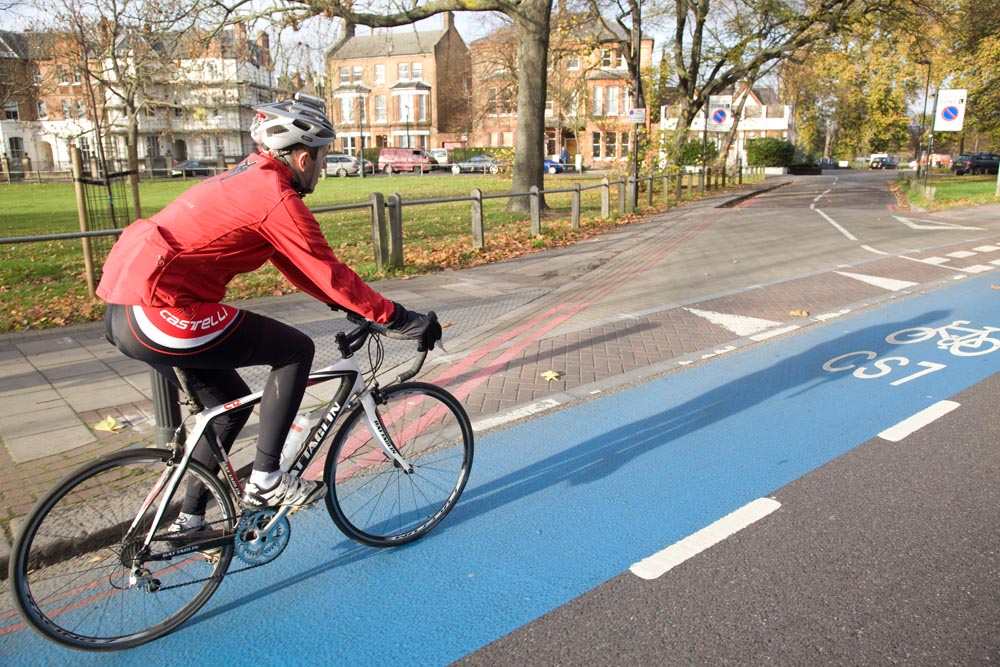World Health Organisation researchers recommend active commutes to tackle inactivity
Researchers say that policies must be changed to encourage active commutes and lifestyles


A large scale study which pulled together data from all over the world has shown that more than a quarter of all adults are "not getting enough physical activity," putting them at risk of ill health.
Researchers suggested policy must be implemented to encourage "non-motorised modes of transport" such as walking and cycling as part of a drive to fix the current state of affairs.
The World Health Organisation (WHO) recommends people take part in 150 minutes of moderate-intensity or 75 minutes of vigorous-intensity physical activity per week.
It set out plans to reduce physical inactivity by 10 per cent by 2025 - but the new data shows that current progress is too slow to reach this target.
Researchers behind the study, published in the Lancet Global Health journal, said that in 2016 1.4 billion adults were not active enough and that this was putting them at risk of a range of illnesses - including heart disease, type 2 diabetes, dementia, and some forms of cancer.
All of the researchers behind the study - including lead Dr Regina Guthold - were staff members at the WHO.
The latest race content, interviews, features, reviews and expert buying guides, direct to your inbox!
They pooled data which represented 96 per cent of the world's population - finding that the prevalence of low activity levels in high-income countries was double that of countries where people had less money.
The highest levels of inactivity where in Kuwait - where 67 per cent of people don't get enough exercise. In the UK, 40 per cent of women don't hit the targets and 32 per cent of men fall short.
Researchers concluded that the situation "needs to be urgently addressed."
Discussing causes, they said: "in wealthier countries, the transition towards more sedentary occupations and personal motorised transportation probably explains the higher levels of inactivity."
"National policy needs to be implemented to encourage non-motorised modes of transportation, such as walking and cycling, and to promote participation in active recreation and sports in leisure time."
>>> Conservatives come under fire over plans to crack down on ‘dangerous cycling’
The UK government says it is trying to promote more active methods of travel. However, so far plans published by the Department for Transport have prompted controversy after they included an intention to consult on introducing a new offence for cyclists, equivalent to causing death by dangerous driving.
Michelle Arthurs-Brennan the Editor of Cycling Weekly website. An NCTJ qualified traditional journalist by trade, Michelle began her career working for local newspapers. She's worked within the cycling industry since 2012, and joined the Cycling Weekly team in 2017, having previously been Editor at Total Women's Cycling. Prior to welcoming her first daughter in 2022, Michelle raced on the road, track, and in time trials, and still rides as much as she can - albeit a fair proportion indoors, for now.
Michelle is on maternity leave from April 2025 until spring 2026.
